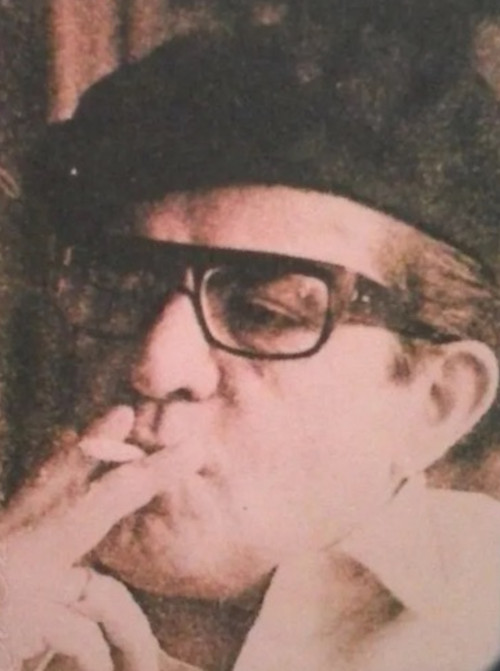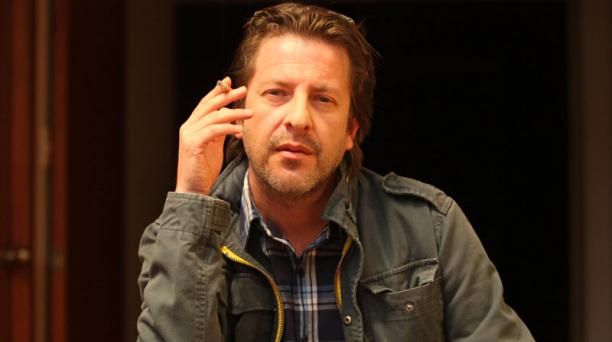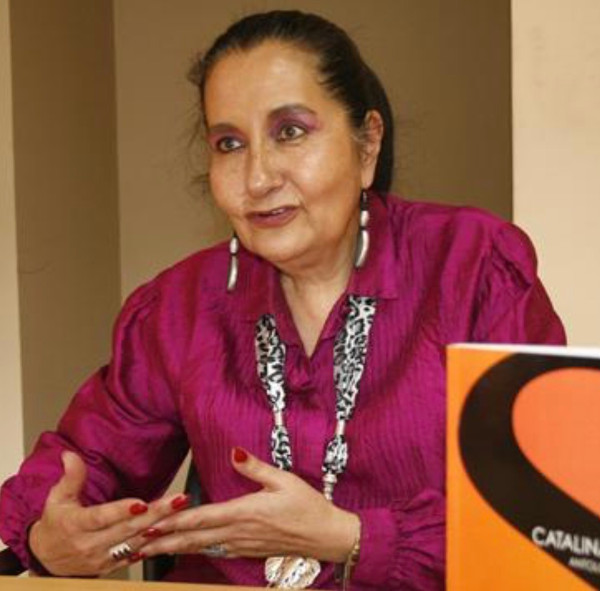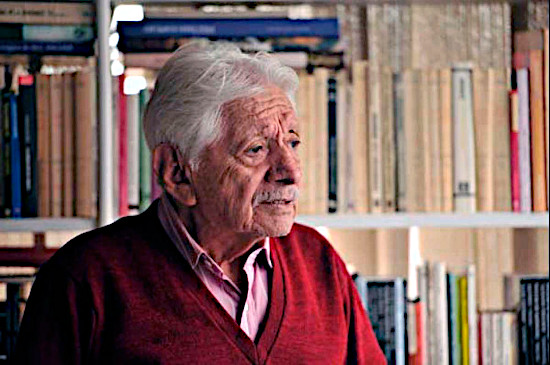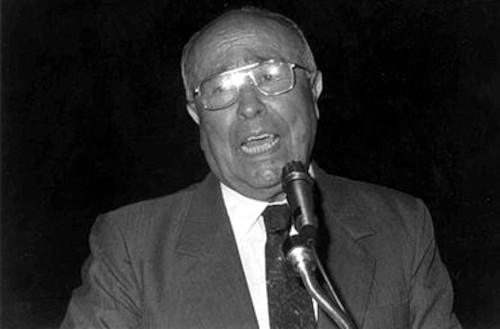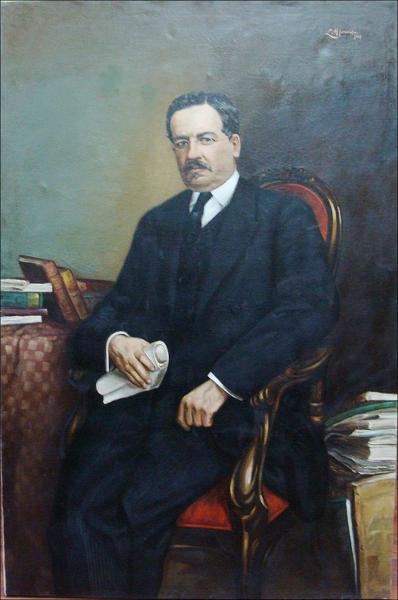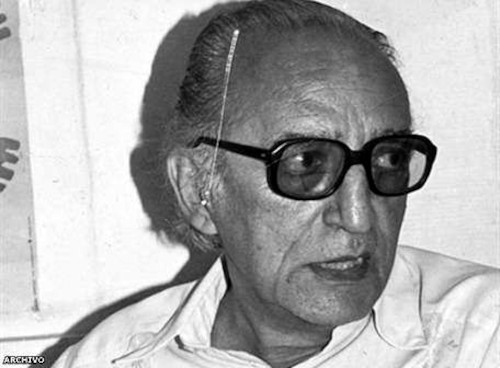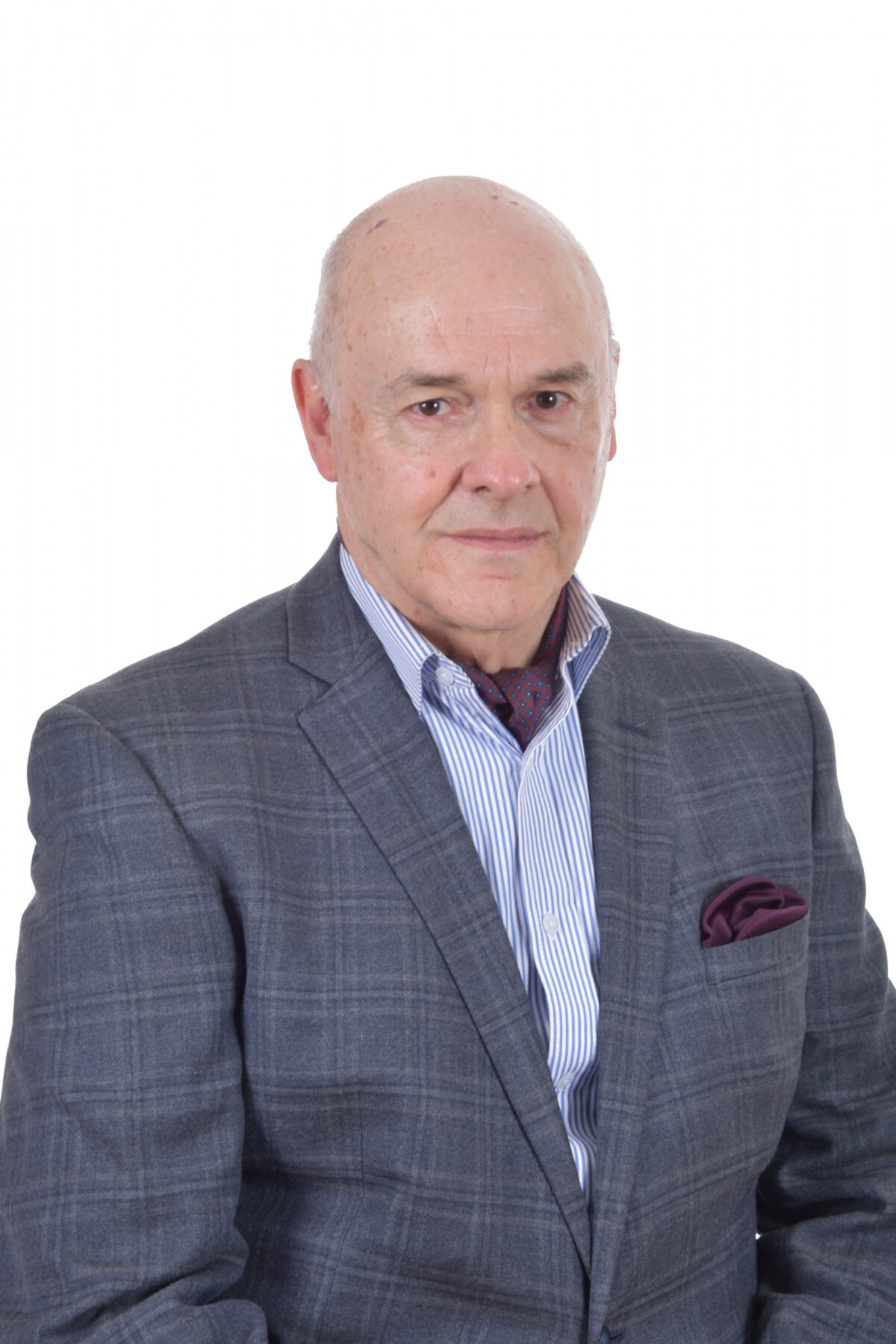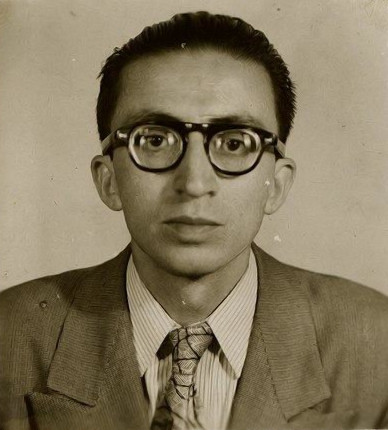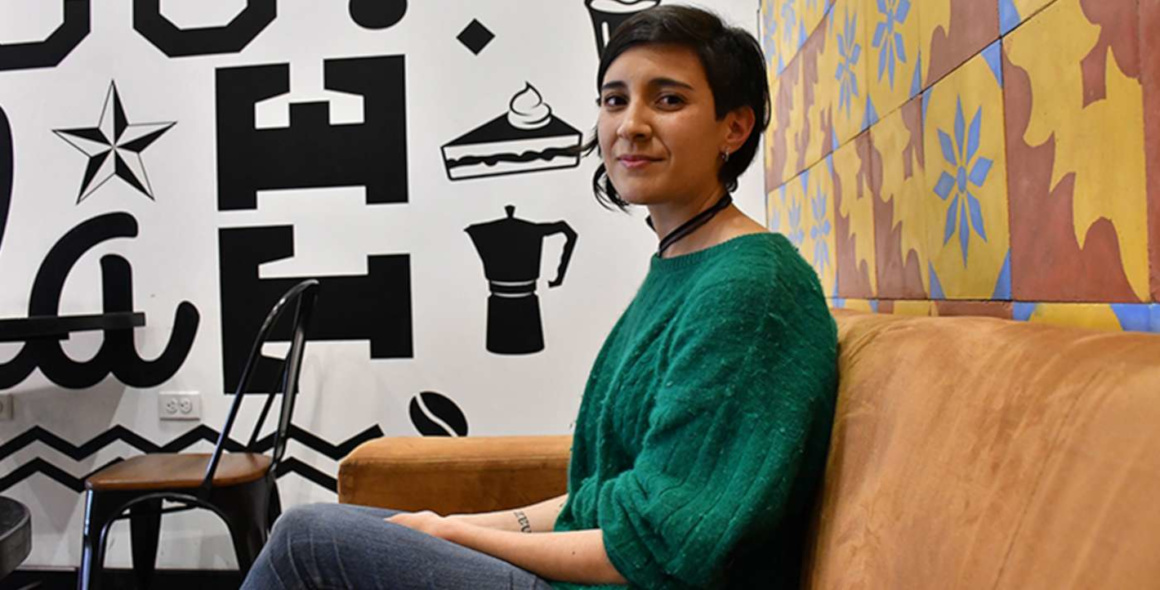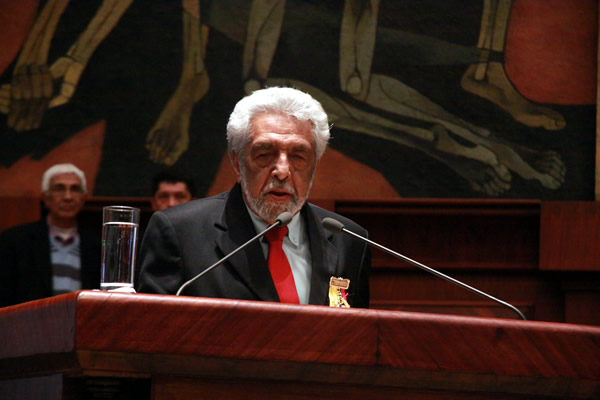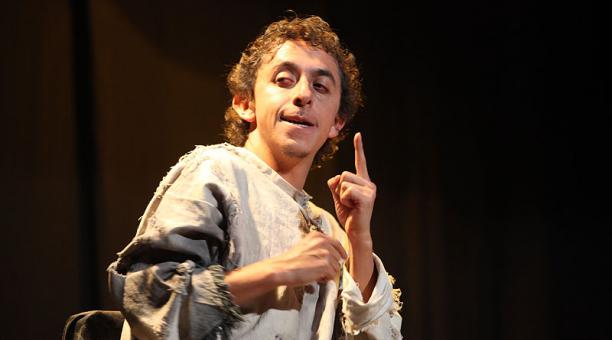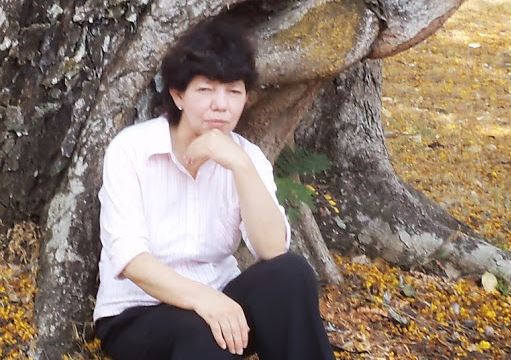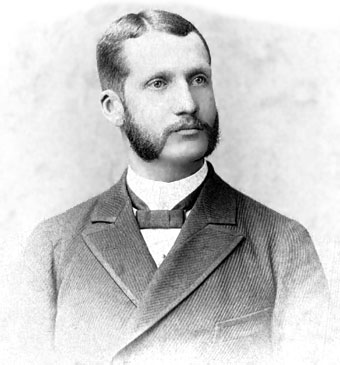Eugenio Moreno Heredia (Cuenca, 1926—1997) was a poet, fiction writer, nonfiction writer, literary critic, university professor, magistrate judge and member of the communist party. He belonged to the literary groups “La Madrugada,” “Elan,” and “Tzánticos.” He was the son of the poet Alfonso Moreno Mora. His poems have been translated into several languages and published in anthologies.
Continue reading “Eugenio Moreno Heredia”Category: Writers from Cuenca
Cristóbal Zapata
Cristóbal Zapata is an Ecuadorian poet, editor, literary critic, and art curator. He was born in Cuenca in 1968. He is currently the executive director of the Municipal Biennial Foundation of Cuenca. He has published the poetry books Corona de cuerpos (1992), Te perderá la carne (1999), Baja noche (2000), No hay naves para Lesbos (2004), Jardín de arena (2009), La miel de la higuera (2012) and El habla del cuerpo (2015); and the book of short stories El pan y la carne (2007), which won the prestigious Joaquín Gallegos Lara National Literature Prize.
Continue reading “Cristóbal Zapata”Catalina Sojos
Catalina Sojos Mata (Cuenca, 1951) is a poet, writer, columnist, author of children’s literature, and a translator. In 1989, at the age of 37, she published her first poetry book: Hojas de poesía. She has been awarded the Gabriela Mistral National Poetry Prize, 1989, and the Jorge Carrera Andrade Prize, 1992. She is currently the director of the Manuel A. Landívar Museum in Cuenca, Ecuador.
Continue reading “Catalina Sojos”Efraín Jara Idrovo
Efraín Jara Idrovo (Cuenca, 26 February 1926 – Cuenca, 8 April 2018) was an Ecuadorian writer and poet. Tragedy struck Idrovo in 1974, when his teenage son committed suicide. Idrovo expressed his sorrow in the form of a poem, “Weeping for Pedro Jara (structures for An Elegy),” which was published in 1978 and is considered one of Jara’s most important works. The Biographical Dictionary of Ecuador has called it “one of the greatest and most beautiful national poems ever written.” The poem is highly experimental, in that it was printed on a single 60cm by 70cm sheet of paper, divided into 15 sections, and can be read horizontally, vertically, or diagonally. He was president of the Azuay branch of the House of Ecuadorian Culture. In 1999, Jara was awarded the Eugenio Espejo Award, the nation’s highest literary honor.
Continue reading “Efraín Jara Idrovo”Gabriel Cevallos García
Gabriel Cevallos García (Cuenca, Ecuador, January 6, 1913 – Tampa, Florida, March 16, 2004) was an Ecuadorian writer, historian, professor, and philosopher. He was the rector of the University of Cuenca from 1964 to 1968 and founder, professor, and dean of the Faculty of Philosophy and Letters of the university. He taught for some years at the University of Puerto Rico at Mayagüez, where he settled in 1969 to work as a teacher. He was a member of the Ecuadorian Academy of Language and the National Academy of History. He was awarded the Eugenio Espejo Award in 1988 by the President of Ecuador.
Continue reading “Gabriel Cevallos García”Ramón Borrero y Cortázar
Ramón Borrero y Cortázar (Cuenca, September 8, 1824 – 1895) was an Ecuadorian scholar and writer. He briefly served as president of Ecuador from October 11, 1883 until February 17, 1884. The provisional government’s mandate having expired without it having named an interim President, Borrero assumed the role as a result of his holding the position of President of the Senate. He was a delegate to both the 1861 and 1884 Constitutional Conventions. He was exiled by order of the Supreme Leader Ignacio de Veintemilla and lived for many years in Peru and Chile. After Veintemilla’s overthrow in 1883, he was authorized to return to Ecuador, where he worked as a lawyer, journalist, and writer until his death.
Continue reading “Ramón Borrero y Cortázar”Hugo Salazar Tamariz
Hugo Salazar Tamariz (Cuenca, September 2, 1923 – Guayaquil, January 31, 1999) was a poet, novelist, playwright and actor. After traveling extensively throughout America, Europe, Asia and Africa, he moved to Guayaquil in 1940 where he lived most of his life and taught literature and drama at the university. He wrote several novels and books of short stories. In 1968 he published 3 plays in one volume entitled “Teatro,” which included “La falsa muerte de un ciclista,” “Toque de queda,” and “Por un plato de arroz.” In 2008, a complete collection of his poems was published posthumously under the eponymous title “Hugo Salazar Tamariz: poesía completa.“
Continue reading “Hugo Salazar Tamariz”Luis Aguilar Monsalve
Luis Aguilar Monsalve (Cuenca, October 7, 1942) is an Ecuadorian writer, literary critic and university professor. He is a numerary member of the Ecuadorian Language Academy. He has written over 20 books of short stories. He also authored a novel titled “En busca de sor Edwina Marie” (2018). As editor, he published a Spanish/English bilingual anthology of Ecuadorian short stories. He has taught at universities in the United States and Ecuador. He is professor emeritus at Hanover College.
Continue reading “Luis Aguilar Monsalve”César Dávila Andrade
César Dávila Andrade (Cuenca, Ecuador, October 5, 1918 – Caracas, Venezuela, May 2, 1967) was an Ecuadorian poet, writer and essayist, usually acclaimed as an outstanding member of the 1940 Madrugada Group. His interest in the strange and marvelous earned him the sobriquet,“el Fakir.” He is best known for his poetry, although he also wrote short novels, stories, essays and numerous newspaper articles. His works displayed elements of Neo-romanticism and surrealism. His best known poem, “Boletín y elegía de las mitas,” originally published in 1959, marked a milestone in Ecuadorian and Latin American literature. He spent much of his life in Caracas, Venezuela where he worked in the editorial staff of Zona Franca. For several years he served as cultural attaché at the Ecuadorian embassy. Death and transfiguration was a theme in his poems. In 1967, he committed suicide at the age of 48.
Continue reading “César Dávila Andrade”Natalia García Freire
Natalia García Freire (Cuenca, 1991) is an Ecuadorian journalist and writer. As a freelance writer her articles have been published in Univisión, El Hoy, Plan V Magazine, El Mercurio, CityLab Latino and BG Magazine. In 2019, Jorge Carrion of the New York Times included García’s debut novel “Nuestra piel muerta” in his article of the best Spanish-language books of the year. García currently lives in Madrid, Spain.
Continue reading “Natalia García Freire”Jaime Galarza Zavala
Jaime Alejandro Galarza Zavala (Cuenca, July 28, 1930 – Quito, July 20, 2023) was an Ecuadorian writer, poet, journalist and polítician. He published over 20 books, including books of poetry and non-fiction books, among which are: El yugo feudal (1962), Piratas del golfo (1973), Los Campesinos de Loja y Zamora (1973), El festín del petróleo (1974), Quienes mataron a Roldós (1982), Petróleo de nuestra muerte (1983). He served as the national vice president of the House of Ecuadorian Culture from 2008-2012. In 2007 President Rafael Correa awarded Galarza the Eugenio Espejo National Culture Prize. Among his friends were Julio Cortazar and Ernesto Che Guevara.
Continue reading “Jaime Galarza Zavala”Carlos Gallegos
Carlos Gallegos is an Ecuadorian dramatist, stage director and actor from Cuenca who starred in the 2010 film Prometeo deportado (Deporting Prometeo). In 2015, his play Barrio Caleidoscopio (2010), translated into French as Quartier Kaléidoscope, was awarded at the Le Coup de Chapeau festival in Toulouse, France. As the winner of the prize, his play was included in the 2016 programming of the Le Grand Rond theater. Since 2013, Gallegos has resided in France.
Continue reading “Carlos Gallegos”Sara Vanégas Coveña
Sara Vanégas Coveña (Cuenca, October 19, 1950) is an Ecuadorian poet, writer, and teacher. She received a scholarship to attend the Goethe Institute in Munich in 1971, where she earned a doctorate in Germanistics. She has taught at the University of Munich and Bielefeld University, and is currently a professor at the Universidad del Azuay in Cuenca. She has been recognized as a Universal Ambassador of Peace and as a corresponding member of the Asociación Prometeo de Poesía, an organization based in Madrid. Coveña is a two-time winner of the Jorge Carrera Andrade National Poetry Prize, receiving the award in both 2000 and 2004.
Continue reading “Sara Vanégas Coveña”Magaly Vanégas Coveña
Magaly Vanégas Coveña (Cuenca, 1953) is an Ecuadorian poet, short story writer, journalist, philologist and teacher. Following her studies at the University of Cuenca, she received a scholarship to study at the Pushkin State Russian Language Institute in the former Soviet Union, as well as at the Faculty of History and Philology at Moscow University. She has taught Spanish at Moscow University and Russian at Cuenca’s Ecuadorian-Soviet Cultural Institute. She is currently a teacher at the Manuel J. Calle National School in Cuenca. She is a member of the Ibero-American Poetry Academy in Cuenca. Her poems are known for their short verses and themes of absence, loneliness, nostalgia, and simple things in nature, for example: “A bird / has hung its nest / in the shadow / of a balcony” (from Espejos de la imaginación, 2000).
Continue reading “Magaly Vanégas Coveña”Remigio Crespo Toral
Remigio Crespo Toral was an Ecuadorian poet and writer. He was born in Cuenca on August 4, 1860 and died In the same city on July 8, 1939. In 1905, President Leónidas Plaza Gutiérrez appointed him lawyer of the Republic, to defend Ecuador in its diplomatic conflict with Peru. In 1909, in the centennial of the first cry of independence, Crespo Toral published a book titled Cien años de emancipación. In 1917, he was crowned national poet, by decree of the President Alfredo Baquerizo Moreno, in the Central Park of Cuenca. This was a very important ceremony, which was attended by the entire city, including senior officials like President Baquerizo Moreno, the Ambassadors of the United States, Belgium, Chile, Peru, among others. In 1925, he was appointed Rector of the University of Cuenca, holding this post until his death.
Continue reading “Remigio Crespo Toral”
